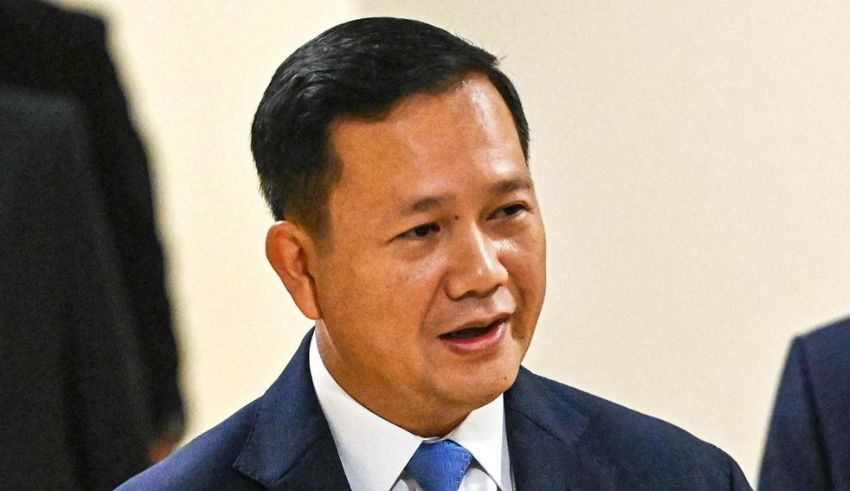
Hun Manet, the newly endorsed prime minister of Cambodia, has unveiled grandiose ambitions to turn the country into a “high-income country” by 2050 in a move that symbolizes a dynastic transfer of power. Hun Manet underlined an emphasis on boosting food security, healthcare access, and economic growth while outlining his aims in his first cabinet meeting. The leader’s rise to power comes after a contentious election in which his Cambodian People’s Party won a resounding majority of seats, raising questions about the legitimacy of the electoral system.
In order to achieve the high-income status, as defined by the World Bank with a per capita GNI of over US$13,846; Hun Manet’s vision calls for extensive economic changes. Notably, the GNI per person in Cambodia is currently $1,700 USD. Additionally, the new strategy calls for advances in healthcare, education, climate change mitigation, and robust economic growth of roughly 7% annually. The agenda also states a dedication to lowering poverty rates and guaranteeing food security for all inhabitants.
Keep Reading
However, because to Hun Manet’s lack of specific goals, many have expressed concern. The long-time ruler’s father, the new leader, left behind a government that is made up of a large number of his family and close friends. With his youngest son serving as the civil service minister and his nephew serving as deputy prime minister, Hun Manet’s administration has raised questions about continuity rather than significant change.
Although Hun Sen’s leadership brought development to a country that had previously been devastated by violence and genocide, his legacy is one of mixed consequences. Nevertheless, detractors charge his government with contributing to corruption, repression of political dissent, and environmental deterioration. Questions regarding the way forward and the accomplishment of Hun Manet’s ambitious ambitions linger as Cambodia enters this new age under his leadership, shining a focus on the country’s political and economic future.




